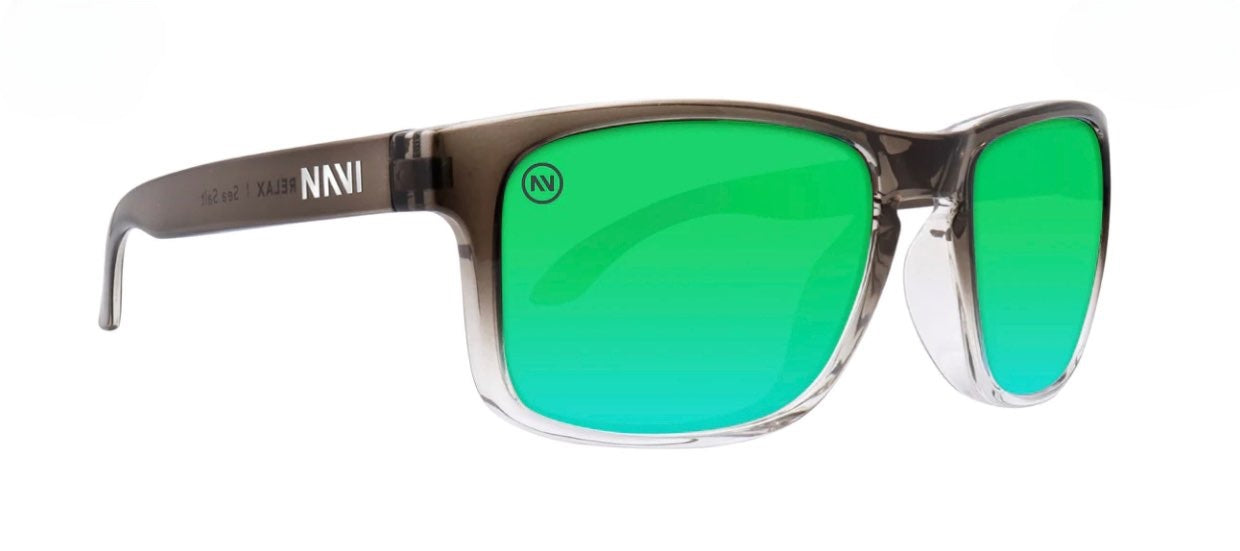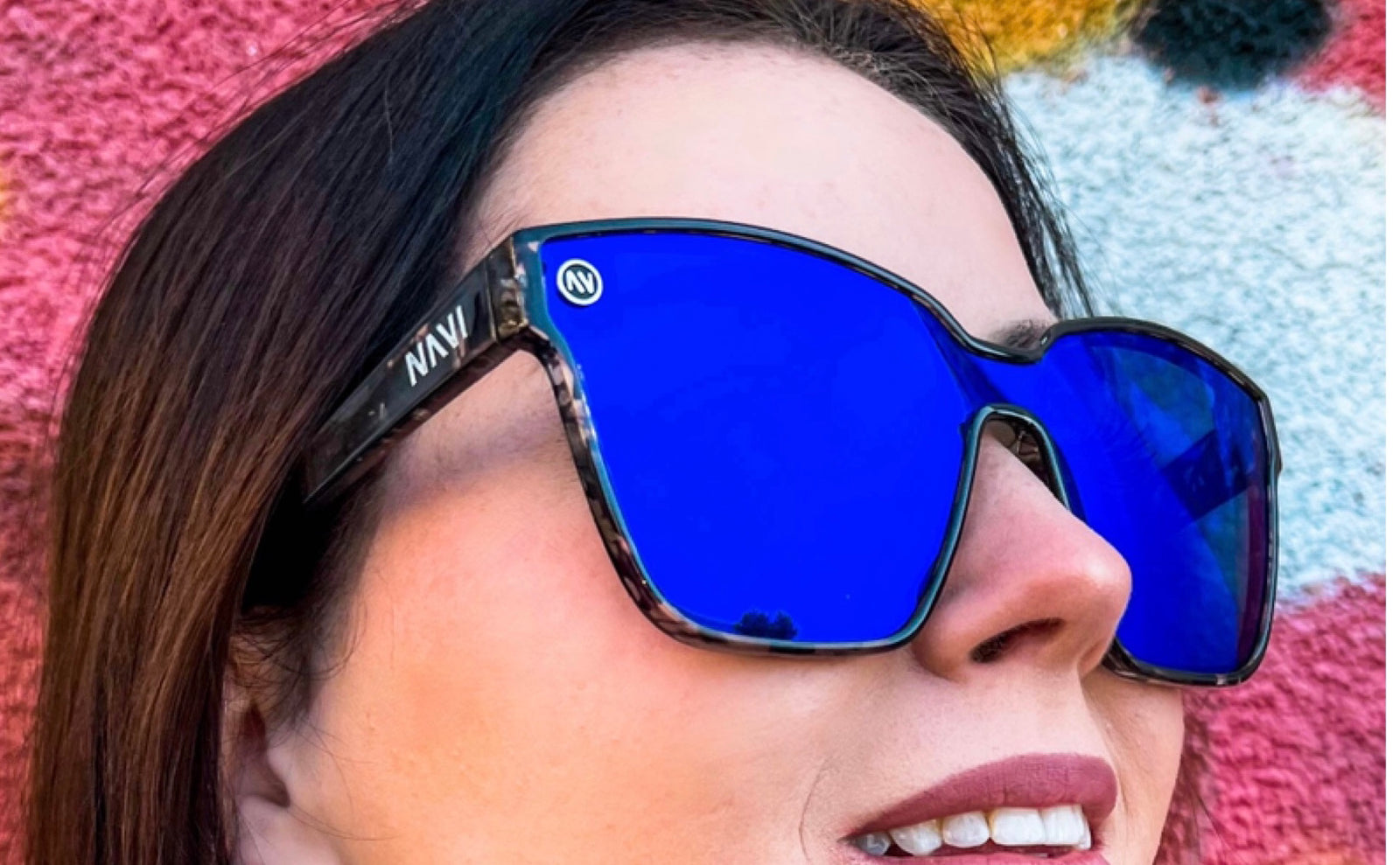Sunglasses are an essential part of a golfer's attire. They not only protect your eyes from harmful UV rays but also help you see the course better. However, choosing the right sunglasses for golf can be challenging. In this article, we'll guide you on how to choose sunglasses for golf and what factors to consider.
Table of Contents
- Introduction
- The importance of sunglasses for golf
- Understanding different types of lenses
- Polarized vs. Non-Polarized lenses
- Lens colors and their impact on vision
- Frame styles and materials
- Fit and comfort
- Durability and warranty
- Price range
- Brand reputation
- Buying guide summary
- Frequently asked questions
- Conclusion
- FAQs
1. Introduction
Golf is a sport that requires a lot of concentration, and nothing is more distracting than the sun glaring in your eyes. That's where sunglasses come in handy. Not only do they protect your eyes from harmful UV rays, but they also help you see the ball and the course more clearly. However, not all sunglasses are created equal. Choosing the right sunglasses for golf requires careful consideration of various factors. In this article, we'll guide you on how to choose sunglasses for golf that will help improve your game.
2. The importance of sunglasses for golf
Protecting your eyes from harmful UV rays is critical for maintaining good eye health, and it's no different when you're playing golf. The sun's glare can not only make it challenging to see the ball, but it can also cause eye strain, headaches, and other discomforts. Additionally, sunglasses with polarized lenses can help reduce glare, making it easier to see the ball and the course more clearly. By wearing sunglasses, you'll not only improve your vision on the course, but you'll also protect your eyes from the sun's harmful rays.
3. Understanding different types of lenses
The type of lens you choose is crucial when it comes to choosing sunglasses for golf. There are three types of lenses to consider:
a. Glass lenses
Glass lenses are durable and scratch-resistant, making them an excellent choice for golfers. They offer the clearest vision and are resistant to distortion. However, they can be heavy, making them uncomfortable to wear for long periods.
b. Polycarbonate lenses
Polycarbonate lenses are lighter than glass lenses, making them more comfortable to wear for extended periods. They are also shatterproof, making them an excellent choice for golfers who need durable sunglasses.
c. Acrylic lenses
Acrylic lenses are the lightest of the three types and are the most affordable. However, they are less durable than glass or polycarbonate lenses and can scratch easily.
4. Polarized vs. Non-Polarized lenses
Polarized lenses are a popular choice for golfers because they reduce glare and provide better vision on the course. They work by blocking horizontal light waves, which are responsible for glare. However, polarized lenses can also make it difficult to see LCD screens, which are commonly found on golf carts and GPS devices.
Non-polarized lenses, on the other hand, are more affordable and do not interfere with the visibility of LCD screens. However, they do not reduce glare as effectively as polarized lenses.
5. Lens colors and their impact on vision
The color of the lens you choose can impact your vision on the golf course. Here's a breakdown of the most common lens colors and their benefits:
a. Gray lenses
Gray lensesare the most popular choice for golfers because they provide accurate color perception. They are suitable for all lighting conditions, including bright sunlight.
b. Brown lenses
Brown lenses are also a popular choice for golfers because they enhance contrast and depth perception. They are ideal for partly cloudy or hazy conditions.
c. Yellow lenses
Yellow lenses are excellent for enhancing contrast and depth perception, making them ideal for low light conditions. They are also suitable for golfers who have difficulty tracking the ball in flight.
6. Frame styles and materials
The frame style and material you choose can impact your comfort and vision on the course. Here are some factors to consider:
a. Frame style
Wraparound frames provide the best protection from the sun and wind. They also reduce the amount of light that enters from the sides, which can cause glare. However, they may not be suitable for people with larger head sizes.
b. Frame materials
Titanium and aluminum frames are lightweight and durable, making them an excellent choice for golfers. They are also resistant to corrosion, making them suitable for golfers who play in coastal areas.
7. Fit and comfort
The fit and comfort of your sunglasses are crucial for ensuring that you can wear them for an extended period. Here are some factors to consider:
a. Nose pads
Sunglasses with adjustable nose pads can provide a better fit, especially for people with narrow or wide nose bridges.
b. Temple arms
The temple arms of your sunglasses should fit comfortably around your ears, without being too tight or too loose.
c. Weight
Lightweight sunglasses are more comfortable to wear for extended periods, especially during hot and humid conditions.
8. Durability and warranty
Golfers need sunglasses that can withstand the rigors of the game, including impacts and scratches. Look for sunglasses that are made from durable materials and come with a warranty to protect your investment.
9. Price range
The price range for sunglasses can vary widely, from budget-friendly options to high-end designer brands. Set a budget and look for sunglasses that fit within your price range while still providing the features and benefits you need.
10. Brand reputation
Brand reputation can be an important factor when it comes to choosing sunglasses for golf. Look for brands that are known for producing high-quality sunglasses that are durable and provide excellent vision on the course.
11. Buying guide summary
Choosing the right sunglasses for golf requires careful consideration of various factors, including the type of lenses, frame style and materials, fit and comfort, durability, price range, and brand reputation. By taking the time to research and compare different options, you can find sunglasses that will help improve your game and protect your eyes from the sun's harmful rays.
12. Frequently asked questions
a. Can I wear prescription sunglasses for golf?
Yes, prescription sunglasses can be a good choice for golfers who need corrective lenses. Look for options that are designed specifically for sports and provide the features you need for golfing.
b. Are expensive sunglasses worth the investment?
Expensive sunglasses may provide additional features and benefits, such as higher quality lenses and materials. However, budget-friendly options can also provide excellent protection and vision on the course.
c. Can I wear sunglasses with a hat or visor?
Yes, sunglasses can be worn with a hat or visor to provide additional protection from the sun.
d. How do I clean my golf sunglasses?
Use a microfiber cleaning cloth and a mild soap solution to clean your golf sunglasses. Avoid using harsh chemicals or abrasive materials that can scratch the lenses.
e. What should I look for in sunglasses for golfing in different weather conditions?
Choose lenses that are suitable for the lighting conditions you'll be playing in. For bright sunlight, choose gray lenses. For partly cloudy or hazy conditions, choose brown lenses. For low light conditions, choose yellow lenses.
Conclusion
Choosing the right sunglasses for golf is an important decision that can impact your vision, comfort, and performance on the course. Consider factors such as lens type, frame style and materials, fit and comfort, durability, price range, and brand reputation when making your selection. By taking the time to find the right pair of sunglasses, you can enjoy a safer, more comfortable, and more enjoyable golfing experience.
Frequently asked questions
a. Can I wear prescription sunglasses for golf?
Yes, prescription sunglasses can be a good choice for golfers who need corrective lenses. Look for options that are designed specifically for sports and provide the features you need for golfing.
b. Are expensive sunglasses worth the investment?
Expensive sunglasses may provide additional features and benefits, such as higher quality lenses and materials. However, budget-friendly options can also provide excellent protection and vision on the course.
c. Can I wear sunglasses with a hat or visor?
Yes, sunglasses can be worn with a hat or visor to provide additional protection from the sun.
d. How do I clean my golf sunglasses?
Use a microfiber cleaning cloth and a mild soap solution to clean your golf sunglasses. Avoid using harsh chemicals or abrasive materials that can scratch the lenses.
e. What should I look for in sunglasses for golfing in different weather conditions?
Choose lenses that are suitable for the lighting conditions you'll be playing in. For bright sunlight, choose gray lenses. For partly cloudy or hazy conditions, choose brown lenses. For low light conditions, choose yellow lenses.




